Swan’s warning to buoyant Labor: membership is still too old, too small, and we need working class
In a post-election reality check on the health of Labor at a grassroots level, Wayne Swan warned his party ‘our membership is ageing and has remained largely static’.
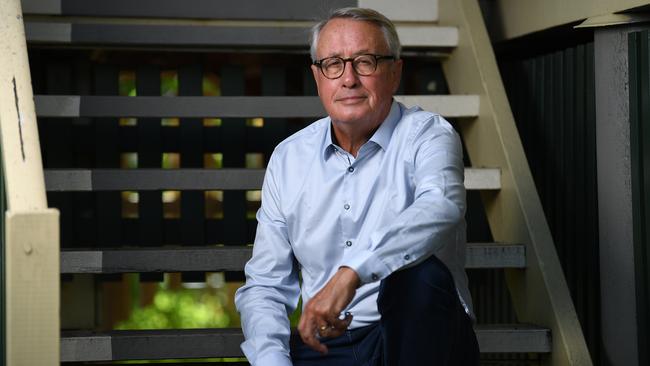
ALP president Wayne Swan has revealed the party’s “ageing” membership has failed to keep up with population growth over the past decade, warning that Labor’s long-term primary vote would decline further in working-class communities unless the trend were reversed.
In a post-election reality check on the health of Labor at a grassroots level, the former treasurer in the Rudd and Gillard governments said “our membership is ageing and has remained largely static since 2014, despite strong population growth”.
In a speech to Labor supporters in the central Queensland city of Rockhampton on Friday night, he also declared his belief the Coalition would rebuild to be a fighting force again “perhaps in even darker guise than we saw this election”.
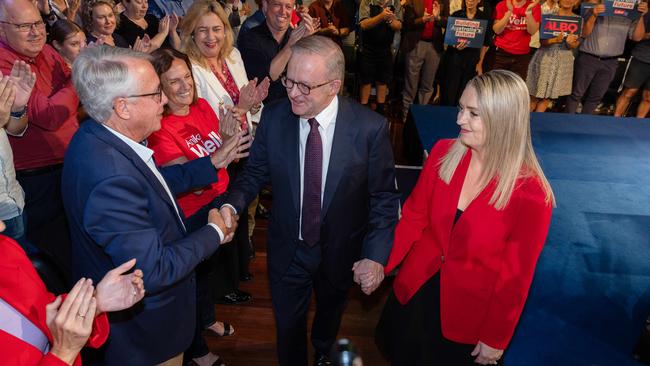
Linking Labor’s challenge to the US Democrats losing support of the working class that paved the way for two Donald Trump election victories, Mr Swan said party membership needed to be “more reflective of the people we want to support us now and into the future”.
In a veiled warning to inner-city activists focused on progressive social issues, Mr Swan said Labor’s success in a cost-of-living election should “serve to remind us of what we are capable of when we focus on the everyday economic needs of working people”.
“Our 2022 election review highlighted the need to arrest the decline in the primary vote of working Australians, particularly in outer suburban and regional communities,” he told the Rockhampton Labour Day Dinner.
“Notwithstanding our success (at the May 3 election), failure to build our membership, particularly in regional areas like central Queensland, will mean continued decline, such as that has engulfed other social democratic parties around the world.”
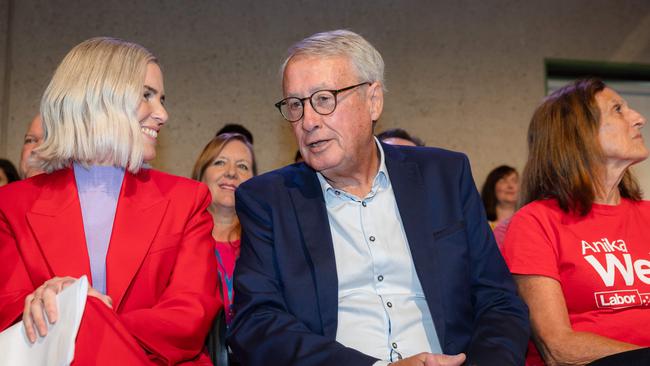
Anthony Albanese was on track on Sunday to win at least 92 House of Representatives seats – and possibly up to 95 – on the latest counting of election votes, already giving him the biggest majority of any Labor prime minister in history.
If the Prime Minister reaches 94 or 95 seats, his Labor mega majority would match the ones Malcolm Fraser and John Howard gained in their Coalition landslides in 1975 and 1996 respectively.
Mr Albanese won his landslide off a historically modest primary vote of about 35 per cent.
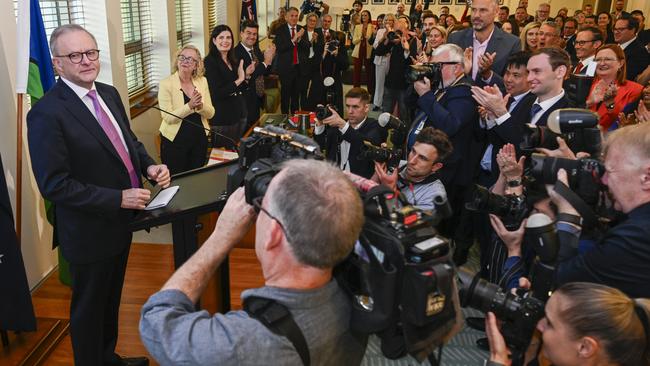
The Labor Party’s goal is to grow membership to 65,000 this term, and it is currently stuck at a bit over 50,000.
Former Labor leader Bill Shorten in 2014 outlined an aim for the party to grow to 100,000 members.
Former deputy prime minister Mr Swan said growing the membership would be the goal of the organisational wing over the next parliamentary term.
Declaring “we live in dangerous times”, he said “toxic right-wing populism” would not go away in Australia because of the election result.
“It’s made a mess of some formerly great social democratic parties around the world. You only have to look at the Democrats in the US – a once-great party of Roosevelt and the New Deal,” Mr Swan said.
“They forgot about the critical importance of building membership, and party support, among working people. This failure saw the election of Donald Trump on two occasions.”
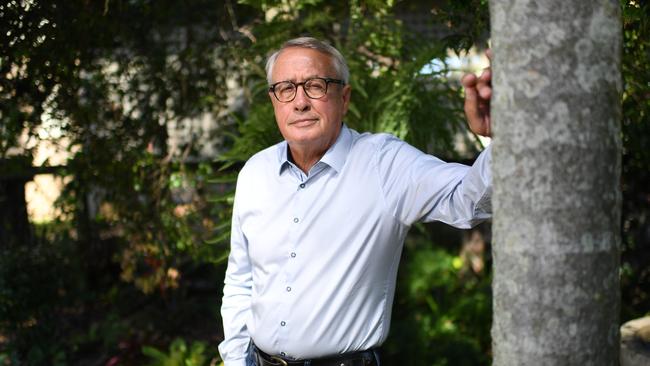
He said democracy around the world was under sustained challenge and the “populist far right will continue to have the support of billionaires like Gina Rinehart”.
“This was a historic win, unrivalled in living memory,” Mr Swan said.
“Our Tory opponents are in a withered state, but they will reorganise and return, perhaps in even darker guise than we saw this election. We need to be ready for that.
“They will stir the politics of identity, of race and gender. They do this to camouflage Labor’s passion for opportunity for all.”
With a re-elected Albanese government to face pressure to go bold on green issues and left-wing social agendas, Mr Swan said an election focused on the economy won over working-class voters.
“In this election, Labor ran an agenda that acted on and spoke to people’s economic needs and security,” he said.
“And this agenda can be seen in results all over the country, not just in the seats that changed hands.
“Here in Capricornia, Emily Mawson looks to have doubled the ALP’s nationwide primary swing through a strong campaign focusing on these values.”


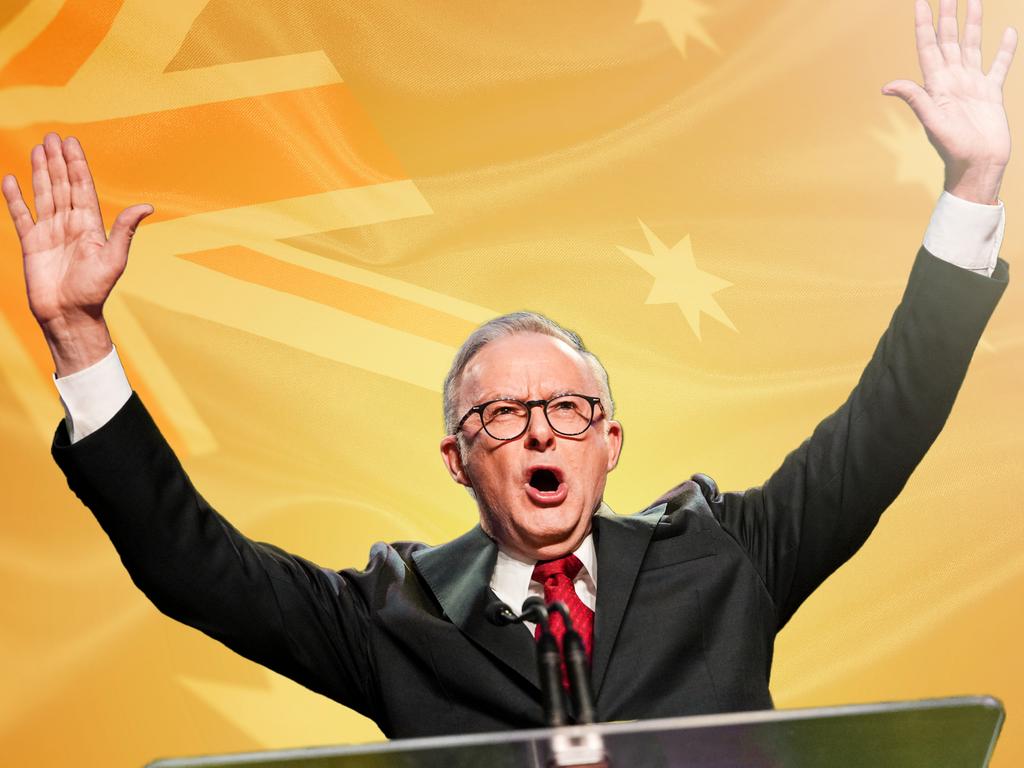
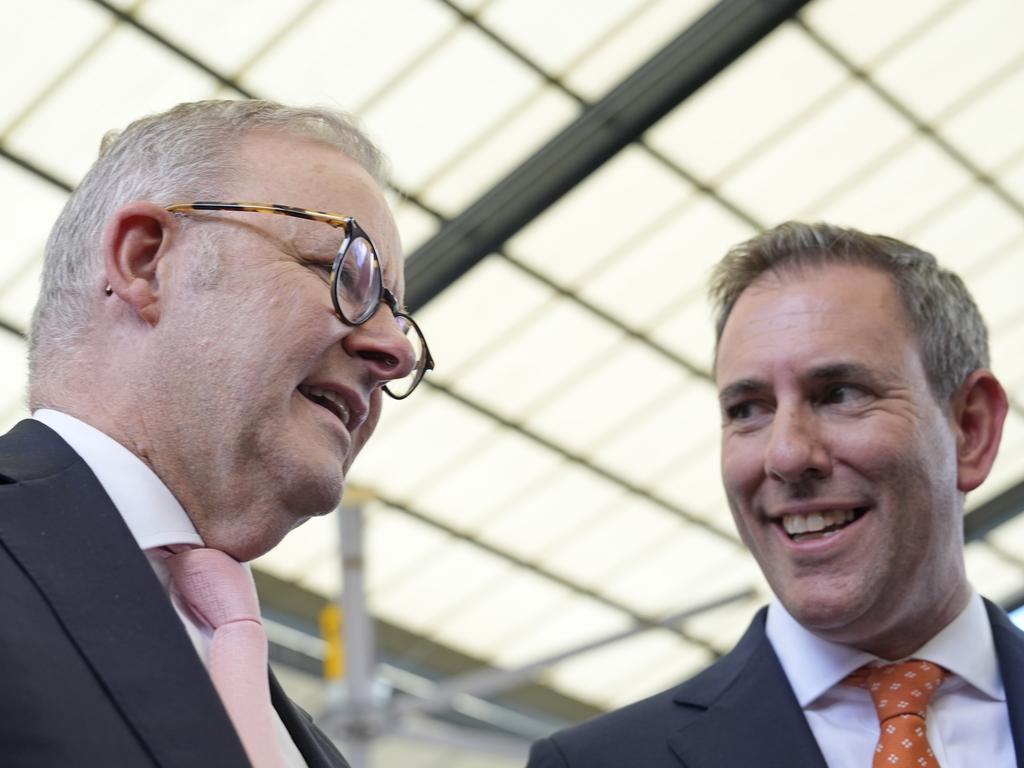


To join the conversation, please log in. Don't have an account? Register
Join the conversation, you are commenting as Logout